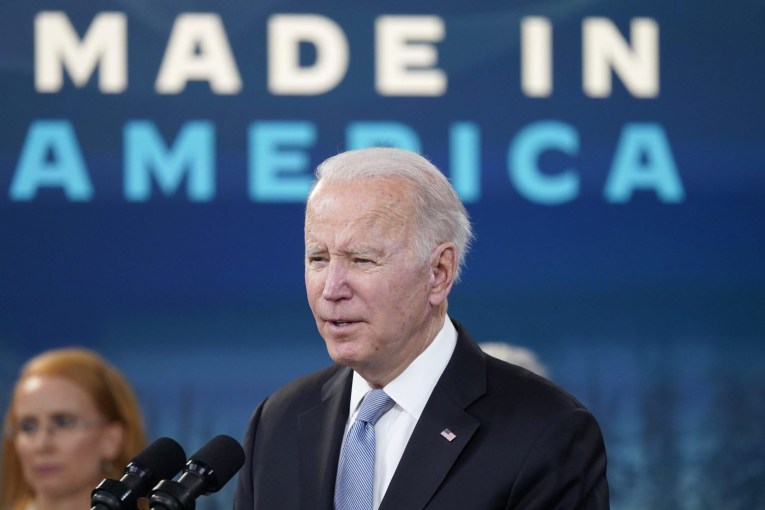Best intentions, but too few doctors to fill D’Ath’s mental health wish list
The State Government wants to have more doctors with advanced mental health skills working across rural Queensland, but those in the field are wondering where they will come from and how they will be funded.


The state government has moved to support women with endometriosis. (File image - Australian Nursing and Midwifery Journal)
Estimates from medicos in the sector suggest that across Queensland there are “fewer than a handful” of the types of doctors the State Government has highlighted in a report to bolster mental health services in the bush.
The government’s intention is listed among its response to a raft of recommendations submitted by a parliamentary committee inquiry focused on improving mental health outcomes for Queenslanders.
Among the responses tabled by Health Minister Yvette D’Ath, the government will consider expanding mental health services to rural and regional Queenslanders, who typically have poorer access to clinical support, experience volatile environmental and cost of living challenges and are socially isolated.
The report also notes that frontline clinical workers are under strain, with staff shortages, mental health stigma in the community, and low mental health literacy among patients combining to increase the demand load.
One of the recommendations the government is proposing to implement is the establishment of more positions catering to the skills of doctors with rural generalist training with advanced skills in mental health.
Dr Ebonney Van Der Meer is a general practitioner with the niche sub-specialty the government wants.
Based on Magnetic Island and previously in Cooktown, Van Der Meer said that to her knowledge she was only one of five doctors working in Queensland who have rural generalist credentials with the added skills to assess, diagnose and treat people with mental health challenges without the need to refer them to psychologists or psychiatric specialists.
“We are a pretty close-knit group who are in regular contact to support each other in the work we do, so I have a very good idea of who is operating in this space,” she said.
“There are of course many GPs with mental health training but rural generalists with advanced mental health training comes with a very specific skill set and context. There are certainly not many of us.”
Van Der Meer said she welcomed the government’s intention, but feared the ambition could be undermined by the perception among her doctor colleagues that treating mental health “is not sexy”.
She said mental health consultations were long and complex, and current Medicare funding arrangements, a Commonwealth responsibility, were ill-equipped to cover a private GP’s time treating patients with mental health challenges or dependency on alcohol or addiction to other drugs.
According to Rural Doctors Association of Queensland president Dr Matt Masel, GPs have limited options: bulk bill, which would see them go backwards financially, or raise their fees, increasing the Medicare gap payment for patients.
“It means the people who can least afford it will then self-select, and will opt out of seeing a GP to have their mental health assessed or treated,” he said.
“And then some will end up in our hospital emergency departments, because they haven’t been treated at that first point of primary care contact.”
D’Ath’s office was contacted for comment, but referred InQueensland to Queensland Health Media, which provided direction to the government’s rural generalist website.
Rural Doctors Association of Australia president Dr Megan Belot, said that as the nation marked R U OK? Day recently to raise awareness of mental health, pressures on rural people were particularly acute.
“With interest rates getting higher, thousands of rural and remote Australians are feeling the squeeze of home loan repayments and worrying that they might not be able to hold on to their house,” she said.
“And given farming families often get into enormous debt in order to keep their farming businesses afloat, interest rate rises can really bite. Couple this with significant losses from flood, fire and drought events, and the pressure on farming families can be enormous.
“We also can’t forget that the past three years have been incredibly hard on everyone – the Covid pandemic and associated lockdowns have affected people in different ways, and it hasn’t been easy for anyone.”
A panel discussion on rural health pressure was held in Goondiwindi earlier this month comprising Masel, also a local GP, Mayor Lawrence Springborg, Darling Downs Primary Health Network CEO Lucille Chalmers and Rural Doctors Association of Australia CEO Peta Rutherford streamed from Canberra.
Chaired by InQueensland, the panel canvassed options for easing workforce shortages, health worker fatigue and burn-out, and long wait times for patients.
Masel stressed that any tweaking to spread the clinical workload, which may include more collaboration between allied health practitioners and doctors, such as Queensland’s controversial pharmacy prescription trial, should only be made if changes were in the interests of improving patient care and outcomes.
“Collaborating with multi-disciplinary teams is not new, but how you do it is important,” he said.
“We shouldn’t be looking at replacing roles to plug gaps or shortfalls in workforce. Rather than just trying to solve a workforce problem, we should be working together to complement and support each other so that patient care delivery is even better.”
Springborg, whose community on the southern Darling Downs led the state in vaccination rates last year, said local government and community members had a vital role in creating environments that were attractive and supportive of new staff.
The panel heard that improving training opportunities and offering assistance with housing would help recruit and retain medical staff as rents increase and accommodation tightens.
The author of this article, state political reporter Brad Cooper, moderated the panel discussion referenced.









